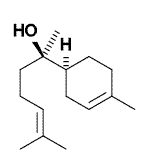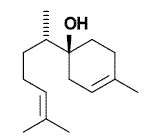One traditional skin-care treatment that has been getting some attention is chamomile. Although it's now more familiar as a soothing herbal tea, ancient Greeks and Egyptians relied on the crushed heads of chamomile flowers as a remedy for rough or inflamed skin brought about by dry weather. Recent research points to two chamomile compounds--levomenol and azulene--as anti-inflammatory agents, while others work as antioxidants to repair damaged skin cells. Experts say that, working together, these natural ingredients can sooth skin afflicted with sunburns, eczema or allergic reactions. For information on chamomile skin products, see www.camocare.com.
COPYRIGHT 2002 Sussex Publishers, Inc.
COPYRIGHT 2002 Gale Group




